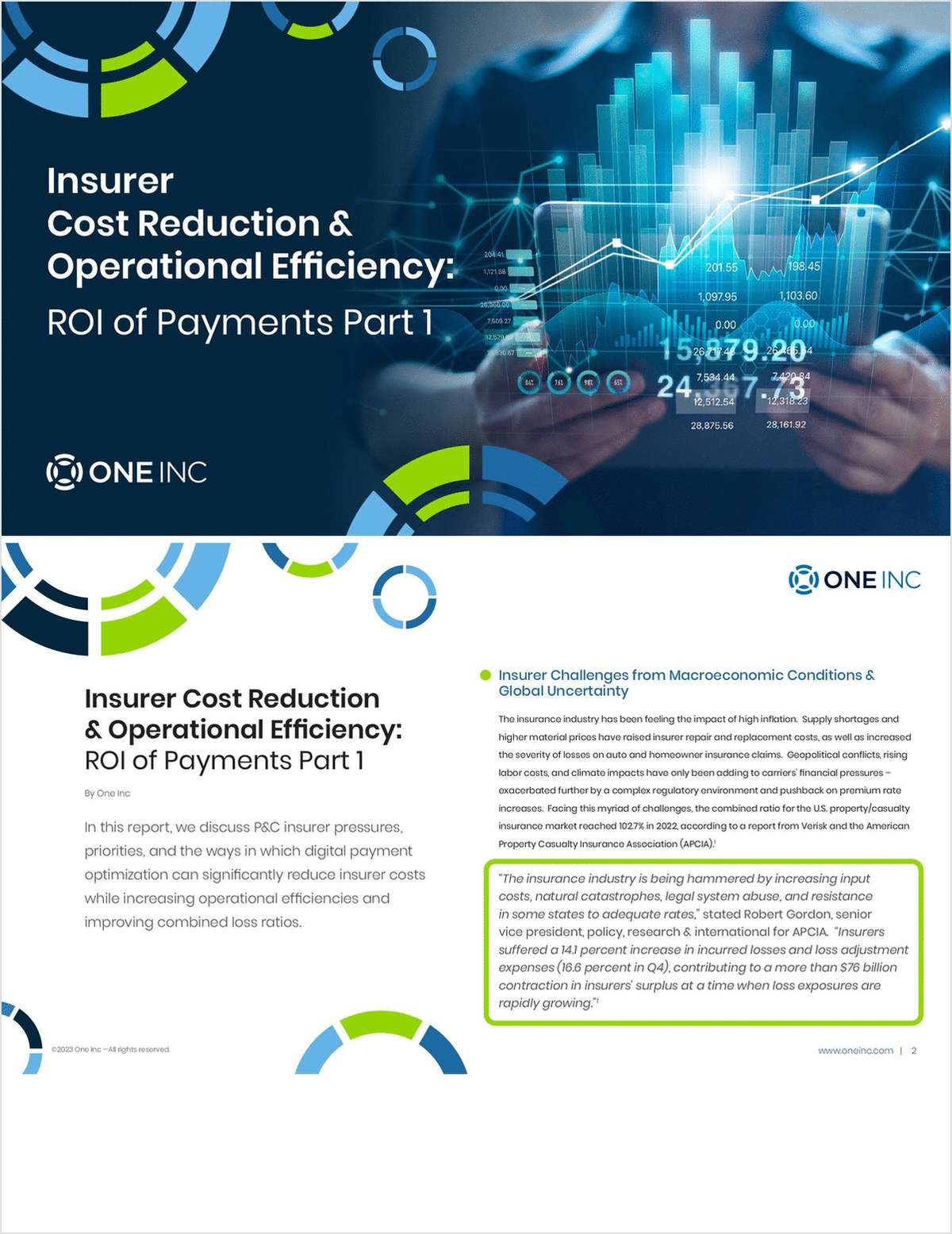NU Online News Service, Nov. 20, 2:44 p.m. EST
A new study by Harvard University researchers have found that increased computerization at some hospitals has not lowered costs or streamlined administration.
The report, published in today's online edition of The American Journal of Medicine, "contradict claims by President Obama and many lawmakers that health information technology (health IT), including electronic medical records, will save billions and help make reform affordable," said an announcement by the report's lead author.
"Our study finds that hospital computerization hasn't saved a dime, nor has it improved administrative efficiency," said Dr. David Himmelstein, associate professor at Harvard Medical School and former director of clinical computing at Cambridge Hospital in Massachusetts.
"Claims that health IT will slash costs and help pay for the reforms being debated in Congress are wishful thinking," said Dr. Himmelstein who is a member of Physicians for a National Health Program, an organization of 17,000 doctors who advocate for single-payer national health insurance.
Under single payer, the health care expenditures of an entire population are paid for through one source - the Federal government or a subcontracting entity - using tax revenue from individuals and employers.
Although the researchers found that U.S. hospitals increased their computerization between 2003 and 2007, they found no indication that health IT lowered costs or streamlined administration, even in the "most wired" institutions.
While U.S. hospital administrative costs increased slightly, from 24.4 percent in 2003 to 24.9 percent in 2007, hospitals that computerized most rapidly actually had the largest increases in administrative costs, according to Dr. Himmelstein's announcement.
It noted that by way of comparison, older studies have estimated administrative costs in Canadian hospitals at 12.9 percent.
The researchers did find on the positive side that ramped up computerization at hospitals may have modestly improved the quality of care for heart attacks.
The study uses data from approximately 4,000 hospitals for the years 2003 to 2007, including those on a list of the "100 Most Wired," which were analyzed for evidence of increased quality, cost savings or improvements in administrative efficiency.
The data came from the Healthcare Information and Management Systems Society (HIMSS) Analytics annual survey of hospital computerization; annual Medicare Cost Reports that most hospitals submit to the Centers for Medicare and Medicaid Services (CMS); and the 2008 Dartmouth Health Atlas, which compiles CMS data on costs and quality of care.
The study found no evidence of lagged effects, e.g. lower costs in 2007 resulting from information technology introduced in 2003.
Modest quality gains were noted in the treatment of heart attacks (acute myocardial infarction) in more-computerized hospitals, but the researchers said, "even these small improvements may merely represent better documentation rather than actual gains to patients."
Dr. Himmelstein said a report from the Congressional Budget Office in 2008 signed by Peter Orszag, now Obama's budget director, expressed skepticism about claims by the RAND Corp. and others that health IT could generate $80 billion annually in savings.
"Part of the CBO's skepticism was based on the limited information available to the RAND study and similar studies," Dr. Himmelstein said. "But this new, detailed, national survey of diverse hospitals shows such doubts are well-founded. Information technology can't rescue us from our national health care crisis."
Dr. Steffie Woolhandler, professor of medicine at Harvard and study co-author, said several factors may explain why health IT has failed to reduce administrative costs.
"Any savings may have been offset by the costs of purchasing and running new computer systems," she said. "In addition, most software is designed around the accounting and billing needs of hospitals, not the clinical side."
She noted that a computer success story in recent years has been at the Veterans Administration, where global budgets eliminate most billing and internal cost accounting, allowing physicians to focus instead on delivering care.
"The VA system how has our nation's highest qualtiy and patient approval ratings," Dr. Woolhandler said. "Congress should take note: to get the most benefit from our health care dollars and from health IT, we should adopt a single-payer, Medicare-for-all program. Nothing short of that will allow us to reap the tull potentialof computerization or to provide comprehensive, quality and affordable care to all."
The report is titled "Hospital computing and the costs and quality."
Want to continue reading?
Become a Free PropertyCasualty360 Digital Reader
Your access to unlimited PropertyCasualty360 content isn’t changing.
Once you are an ALM digital member, you’ll receive:
- Breaking insurance news and analysis, on-site and via our newsletters and custom alerts
- Weekly Insurance Speak podcast featuring exclusive interviews with industry leaders
- Educational webcasts, white papers, and ebooks from industry thought leaders
- Critical converage of the employee benefits and financial advisory markets on our other ALM sites, BenefitsPRO and ThinkAdvisor
Already have an account? Sign In Now
© 2024 ALM Global, LLC, All Rights Reserved. Request academic re-use from www.copyright.com. All other uses, submit a request to [email protected]. For more information visit Asset & Logo Licensing.








